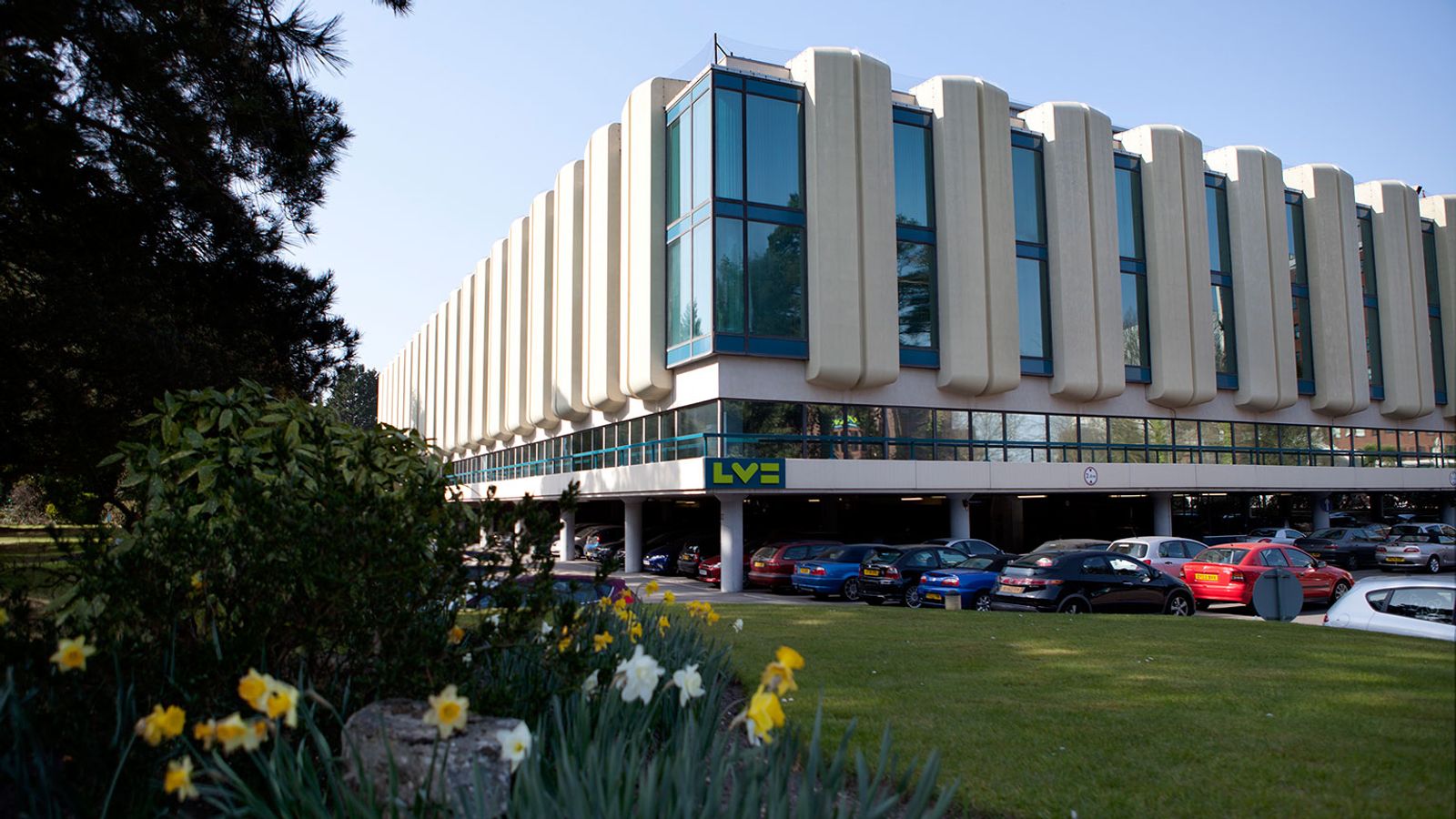The mutual life sector is regarded by some as one of the more genteel parts of the financial services industry.
So it was a surprise when, last year, two of its biggest players began throwing rocks at each other.
LV=, the 179-year old business formerly known as Liverpool Victoria, announced in December 2020 it was selling itself to the US private equity firm Bain Capital for £530m.
There followed a series of objections from a number of the 1.2 million members that own the society.
Some were unhappy about LV=’s decision to shed its mutual status.
Others were unhappy about the decision to sell to a private equity firm.
And nearly everyone was unhappy about the comparatively small sum that members were being offered – roughly £100 each for the majority – to give up LV=’s mutual status.
Crackdown on ‘cowboy’ parking firms will cap most fines at £50 and provide new appeals system
Peloton shares surge on reports Amazon and Nike ‘looking at buying’ ailing fitness firm
House prices hit record high and barriers to ownership will become ‘more acute’
The Daily Mail launched an energetic campaign in opposition to the deal with politicians from all parts of the political spectrum, including Conservative Lord Heseltine, Liberal Democrat Lord Wrigglesworth and Labour’s Ed Miliband, lending their support.
And, on the sidelines, Royal London, a rival to LV=, took the opportunity to stir up trouble for its fellow mutual.
It made clear that, earlier in the year, it had offered £10m more than Bain Capital, an accusation that tied LV=’s management in knots, leaving the latter struggling to explain why it had accepted Bain’s offer.
The bad blood between the two sides became very clear when, just before the crucial LV= members vote, LV=’s management accused Royal London of trying to “destabilise” the deal.
Things came to a head when, on 10 December last year, just 69.4% of LV=’s members voted for the Bain deal to go ahead.
That was short of the 75% majority that the society had required.
Within minutes, Royal London had revived its interest, offering to enter into immediate and exclusive discussions with LV= to agree a mutual merger.
It said this would offer LV= customers the opportunity to have their life savings protected and invested by a mutual.
Crucially, it stressed the terms would be different from the previous offer it made in 2020, which – as LV= had pointed out frequently – did not offer LV= members the chance to become members and owners of the enlarged business.
Today, nearly nine weeks on from those events, there came fresh news as LV= confirmed it was in talks with Royal London.
It said: “We share a common interest with Royal London in a healthy and vibrant mutual sector so that we can both compete fairly with shareholder-owned firms.
“We have had, and continue to have, discussions with Royal London about if and how we can co-operate to the benefit of both sets of members and the mutual sector.
“In the meantime, we will continue to strengthen our independent business for the benefit of our existing and future policyholders.”
LV= also revealed that its chairman, Alan Cook, would be carrying the can for the failure to get the Bain deal across the line.
Mr Cook, whose previous role running the Post Office when it began wrongly prosecuting sub-postmasters and sub-postmistresses caused embarrassment to LV= ahead of the vote, will step down at the beginning of April.
His successor will be Seamus Creedon, a Dublin-born actuary who is married to Evelyn Bourke, the former chief executive of the international healthcare company Bupa.
David Barral, currently the senior independent director at LV=, will also be stepping down from the LV= board, along with two other directors, Alison Hutchinson and Luke Savage.
Mark Hartigan, who as chief executive had the job of selling the Bain deal to members and the media, stays in place.
Royal London responded: “We note LV=’s announcement and we can confirm we have had initial, exploratory discussions with them.
“There is no certainty that these discussions will result in a transaction and a further announcement will be made as and when appropriate.”
A combination of the pair would bring together two of Britain’s three largest mutual life companies – the other is NFU Mutual – and would confirm Royal London’s status as a key consolidator in the sector.
Over the last two decades, it has acquired United Assurance (the business formed from the merger of United Friendly and Refuge Assurance), Scottish Life, Royal Liver Assurance, Scottish Provident, Police Mutual and the life and pensions and asset management arms of the Co-operative Group.
But there are still plenty of questions to be answered.
One is whether the LV= name, which is still very well-known, would survive.
Please use Chrome browser for a more accessible video player
Another is whether Royal London can guarantee no job losses at LV=.
One key reason the LV= board gave for going with Bain’s offer last year was that it was the only would-be buyer, out of a dozen interested parties, prepared to guarantee that LV=’s three offices at Bournemouth, Hitchin and Exeter, which collectively employ 1,500 people, would remain open.
And a third, possibly the most important to members of LV=, will be whether they will enjoy ownership of the enlarged business on equal terms to those of Royal London.
So there are plenty of obstacles before a deal can be reached.
But those who appreciate the diversity that well-run and well-funded mutuals can bring to the financial services industry will be hoping they can be.






















